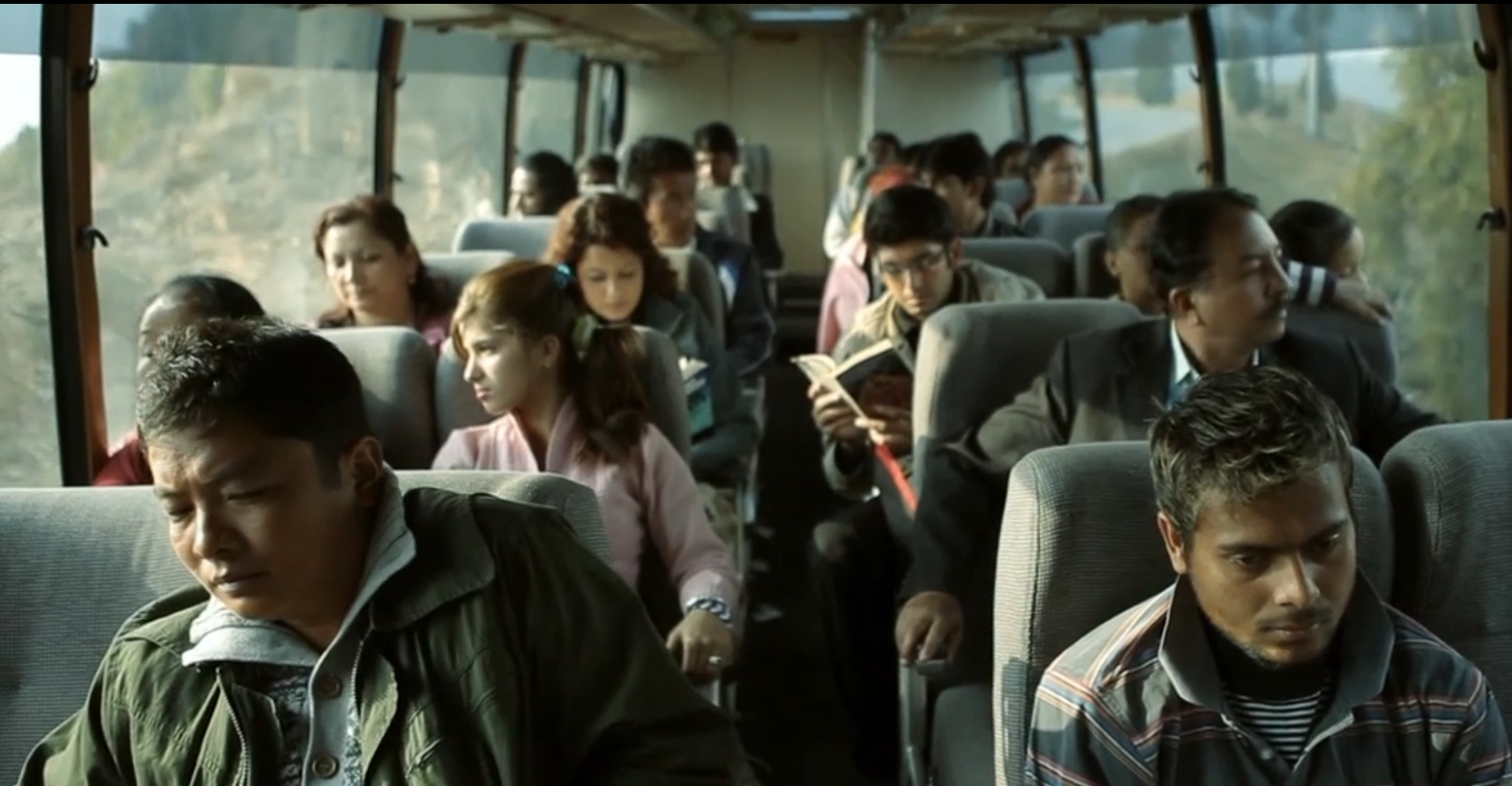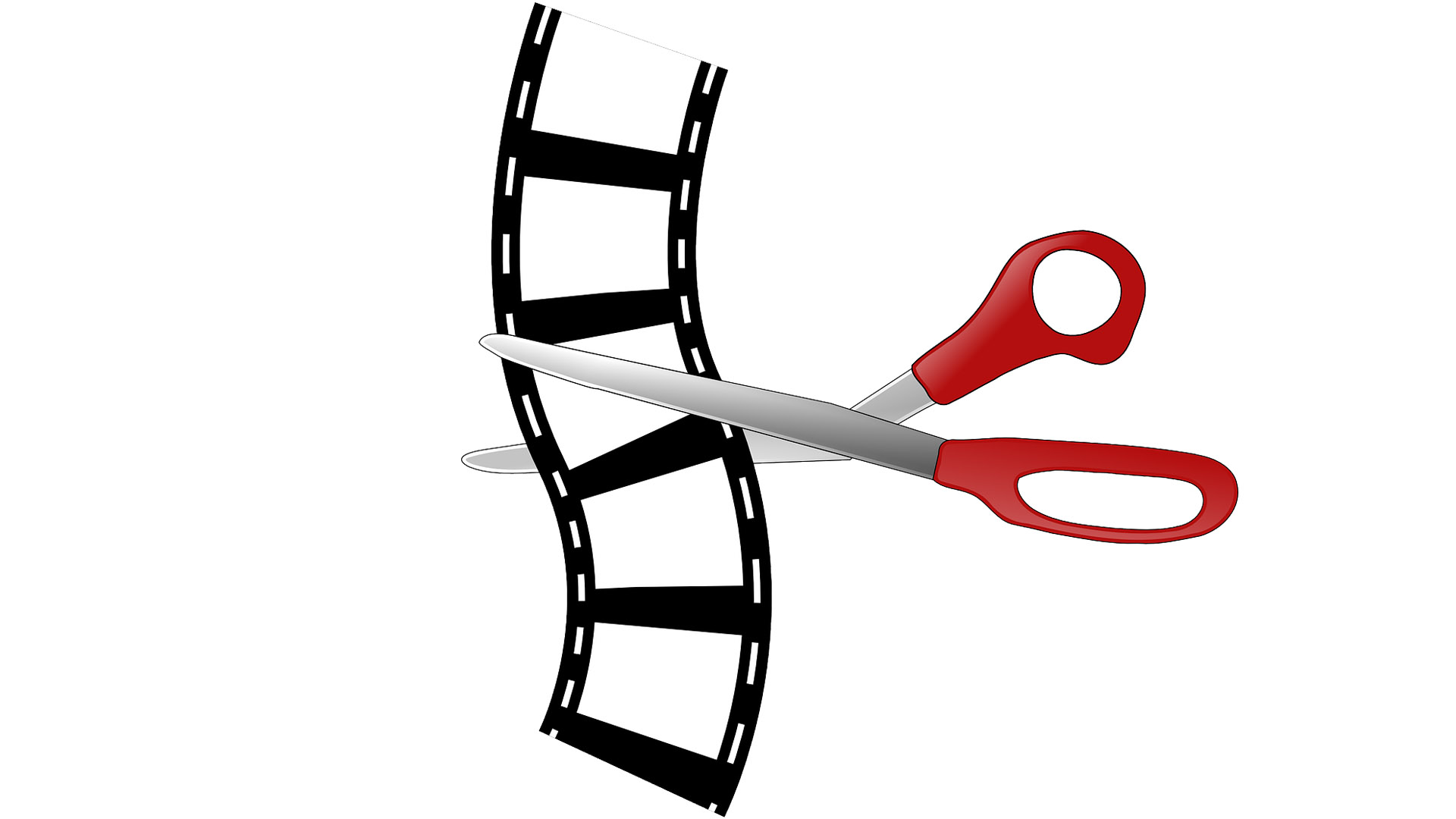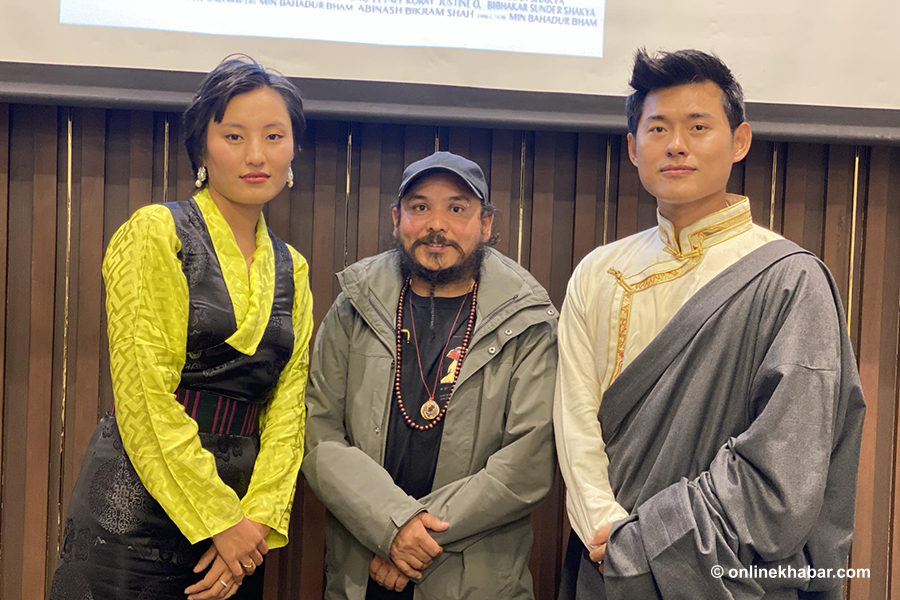
On March 3, two Nepali most awaited films Chhakka Panja 4 and Chhadke 2.0–two hyped projects of the Nepali film industry–were released. As soon as the films were released nationwide, around 15-minute long clips of both films–including some milestones of the plots–started spreading all over social media, especially on TikTok and YouTube.
Saying this breached the copyrights, the digital rights holder of Chhakka Panja 4, OSR Digital, even filed a complaint with Nepal Police Cyber Bureau, to prevent the spread of clips. But if you scroll TikTok even today, you can frequently see the various clips from Chhakka Panja 4 and Chhadke 2.0.
But Chhakka Panja 4 and Chhadke 2.0 were not the first cases in the Nepali film industry, earlier a blockbuster movie Kabbadi 4, which was released in May 2022, also went through a similar case.
Social media platforms are considered a boon for filmmakers to promote their films. However, of late, amid unprepared filmmakers and regulating authorities, the same platforms have turned out as a challenge for them as various films have been rendered vulnerable to social media piracy.
Stakeholders say legal reforms–including the implementation of existing laws and the introduction of new ones–are a must to control such incidents in the future.
Big bashing

Film distributors say that the act of recording clips from cinema hall screens and posting them on social media platforms has greatly affected the footfall in the cinema halls and hence the revenues of the Nepali film industry.
“People are posting the important scenes from the film (Chhakka Panja 4), and this has made many people reluctant to go to cinema halls to watch movies,” says Navaraj Giri, founder of Budha Subba Digital, a film distributing company. “The concerned bodies must act effectively as soon as possible otherwise we’ll have to go through a lot of trouble.”
Om Prakash Agrawal, the chairman and managing director at OSR Digital, also echoes Giri regarding the loss due to the piracy of movie clips. “Some small-length short clips could help in promoting the films, but the uploading of various clips will have a big impact on the entire film sector,” says Agrawal.
Low prosecution

As per Nepali laws, the pirates would be punished under the Copyright Act; if the crime is committed on digital platforms, the Electronic Transactions Act also applies. Under the Copyright Act, the offender shall be punished with a fine of Rs 10,000 to Rs 100,000 or six months imprisonment or both as per the nature of the infringement. Similarly, under the Electronic Transactions Act, the offender shall be liable to the punishment of imprisonment not exceeding three years or with a fine not exceeding Rs 200,000 or both.
But, the implementation of copyright-related laws is miserable. According to the District Police Range of Kathmandu, in the past eight months since the beginning of the current fiscal year, only one complaint related to copyright violation has been registered. In the previous fiscal year 2021/22, there were two complaints registered. In the fiscal year 2020/21, there was only one case.
Even if the complaints are registered as in the case of Chhakka Panja 4, the accused are not prosecuted at the court as the accused offer compensations and other benefits to the complainants as soon as the complaints are filed, says DSP Niranjan Datta Bhatta.
Action needs now

Giri and Agrawal both say that such an illegal practice just does not harm the business of popular films such as Chhakka Panja 4, but it is also disrespectful to the effort that had been put into making the films.
To overcome the problem of piracy in social media, Giri urges the concerned bodies to work on a policy to protect filmmakers’ copyright.
Meanwhile, Agrawal says that the hall owners should maintain strictness during the premier of not only popular films such as Chhakka Panja 4 but all of the productions. “They should strictly keep an eye on the audience to check whether they are recording the movie from their device,” he says.
Film critic Samipya Timalsena also echoes Agrawal. “Posting film clips on TikTok just does not affect the producers but also the owners of cinema halls. The owner of the hall should take the matter seriously. They can easily stop such acts,” he writes on Facebook.
According to advocate Udyan Regmi, there are a few reasons behind piracy on social media, the first being a lack of awareness, hence he stresses awareness raising more than the implementation of the law.
“People do not know that it is unlawful to record the footage of films and put them on social media,” says Regmi. “To raise awareness among people, a message reminding them not to record any footage of a movie can be displayed on the screen before the movie starts.”


























